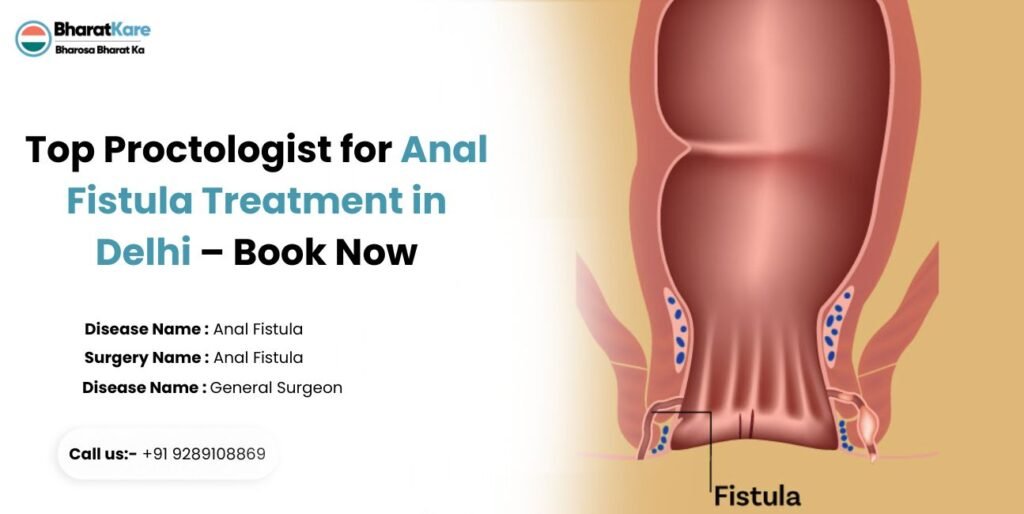Top Proctologist for Anal Fistula Treatment in Delhi – Book Now

Top Proctologist for Anal Fistula Treatment in Delhi – Book Now Home Dealing with a persistent anal fistula is more than a medical inconvenience; it is a significant disruption to your quality of life. Whether you are struggling with recurring pain, discharge, or the constant fear of social embarrassment, finding the right medical expert is […]
Expert Anal Fistula Treatment in Bhopal Awaits You
Home About us Services Proctology Piles Treatment in India Anal Fissure Treatment Anal Fistula Treatment Pilonidal Sinus Surgery Urology Enlarged Prostate Treatment Kidney Stone Laser Treatment Laser Circumcision Treatment Stapler Circumcision Varicocele Surgery General Surgery Diabetic Foot Ulcer Treatment Laparoscopic Hernia Surgery Lipoma Treatment Gallstone Treatment in India Ophthalmology Cataract Surgery LASIK Eye Surgery Gynecology Hymenoplasty […]
Guide to Anal Fistula Treatment in Vadodara
Home About us Services Proctology Piles Treatment in India Anal Fissure Treatment Anal Fistula Treatment Pilonidal Sinus Surgery Urology Enlarged Prostate Treatment Kidney Stone Laser Treatment Laser Circumcision Treatment Stapler Circumcision Varicocele Surgery General Surgery Diabetic Foot Ulcer Treatment Laparoscopic Hernia Surgery Lipoma Treatment Gallstone Treatment in India Ophthalmology Cataract Surgery LASIK Eye Surgery Gynecology Hymenoplasty […]
Anal Fistula Treatment – Surgical and Non-Surgical Options
Home About us Services Proctology Piles Treatment in India Anal Fissure Treatment Anal Fistula Treatment Pilonidal Sinus Surgery Urology Enlarged Prostate Treatment Kidney Stone Laser Treatment Laser Circumcision Treatment Stapler Circumcision Varicocele Surgery General Surgery Diabetic Foot Ulcer Treatment Laparoscopic Hernia Surgery Lipoma Treatment Gallstone Treatment in India Ophthalmology Cataract Surgery LASIK Eye Surgery Gynecology Hymenoplasty […]
Importance of Hydration in Anal Fistula Home Treatment
Home About us Services Proctology Piles Treatment in India Anal Fissure Treatment Anal Fistula Treatment Pilonidal Sinus Surgery Urology Enlarged Prostate Treatment Kidney Stone Laser Treatment Laser Circumcision Treatment Stapler Circumcision Varicocele Surgery General Surgery Diabetic Foot Ulcer Treatment Laparoscopic Hernia Surgery Lipoma Treatment Gallstone Treatment in India Ophthalmology Cataract Surgery LASIK Eye Surgery Gynecology Hymenoplasty […]
